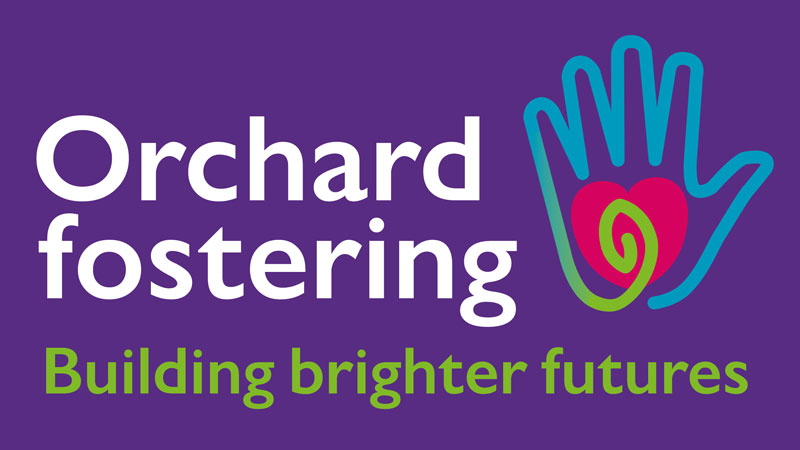After doing your research and making the fantastic decision that you would like to become a foster parent, you are now faced with the decision of picking the best foster agency for you. In Ireland you can choose to foster through the state agency TUSLA or through a number of different private fostering agencies, but you may be wondering what the difference is?
TUSLA is the state agency in Ireland that is responsible for the welfare of all children and young people and has a statutory responsibility to provide alternative care services where required. TUSLA works closely with independent foster care agencies to help source foster care homes and supported lodging placements. If you choose to foster through an independent agency, your social worker, known as a link worker, would be through the agency but the child’s social worker would be from TUSLA. Each independent fostering agencies offers its own specific and tailored supports and can often have more supports available. Some of the independent agencies such as Orchard Fostering offer on call support 24/7 365 days of the year as well as having multidisciplinary teams to help support you, your family and young person. These are all important factors to consider when choosing a fostering agency.
Questions to Ask when Picking a Foster Care Agency
1. What Supports are Offered?
- Is there on call support?
As we know, it’s usually never between 9-5 that situations arise that we may need some support and advice. That is why it’s important to be able to seek support 24/7/365 from a social worker. - What supports are available for me and my family?
It is important to consider who the right foster care agency is for you and your family to ensure you all have the right supports in place throughout your fostering journey. These can be in the form of a dedicated link worker, ongoing training, foster carer support groups and coffee mornings, support for your own children through link worker visits and birth children supports groups, social care support and therapeutic supports. - Will I have an assigned link worker?
When thinking about how to choose a foster care agency, this is a critical one. Once you are through the assessment process, it’s important to have a dedicated link worker who meets with you on a monthly basis for supervision, acts as an advocate for you as well as helping you with any other support you or your family may require. - What supports will be there for the young person?
Some agencies will have a dedicated in-house multidisciplinary team. This can include a Social Care Team, Play Therapist, Theraplay Practitioners, Psychologists and Attachment Trained Specialists, who can offer therapeutic and practical supports to you and the young people to help support, strengthen and sustain placements. - Are foster carers included in decision making within the organisation?
An organisation that has foster carers involved in decisions which influence the running of the organisation is also important so it may be helpful in choosing a foster care agency that has designated ambassador boards or foster carer consultation groups.
2. How have the Foster Agencies done in their Inspections?
The Health Information and Quality Authority (HIQA) is an independent authority that carries out inspections on Ireland’s health and social care providers, including all fostering agencies. They look at the quality of services provided to ensure the compliance of regulations set out that ensure best practice and safeguarding for the young people in foster care and can be used as a guide for choosing a foster care agency.
‘The Health Information and Quality Authority (HIQA) monitors services used by some of the most vulnerable children in the state. Monitoring provides assurance to the public that children are receiving a service that meets the requirements of quality standards’.
All reports of inspections undertaken are made public and can be viewed at https://www.hiqa.ie/reports-and-publications/inspection-reports
3. What types of Foster Placements are Available?
It can be daunting differentiating between all the agencies, reading unfamiliar lingo and trying to navigate through all of what the different agencies have to offer when picking the right fostering agency for you. Are you interested in foster care, supported lodgings or just respite care? Do you know the difference? Here is a short guide to help you know the different types. https://www.orchardfostering.ie/fostering-stories/
- Emergency Placements – On occasion a child or young person may require a placement at short notice due to a number of different reasons and this placement may only be for a couple of days.
- Short Term Placements – This type of placement is required as an interim measure for children who cannot be cared for at home for a period of time. These types of placements can be from a couple of days to a couple of months.
- Long Term Placements – These placements are often sought for children who will be remaining in care until they are 18 years of age and require a permanent placement outside of their home.
- Respite Placements – Respite care is short term care provided to a child in order to support the child or foster carers by providing a break for the child primary caregivers.
- Supported Lodgings – This is where carers offer young people aged over 16 the opportunity to learn the skills needed to live independently whilst receiving practical and emotional support. These young people come from a range of different backgrounds including refugees who are displaced from their own countries due to war and violence
- Parent and Child Placements – Parent and child placements are a type of fostering where a young parent who is pregnant or has a baby, and who are in the care of the state, comes to stay with you at a time when they need extra support.

